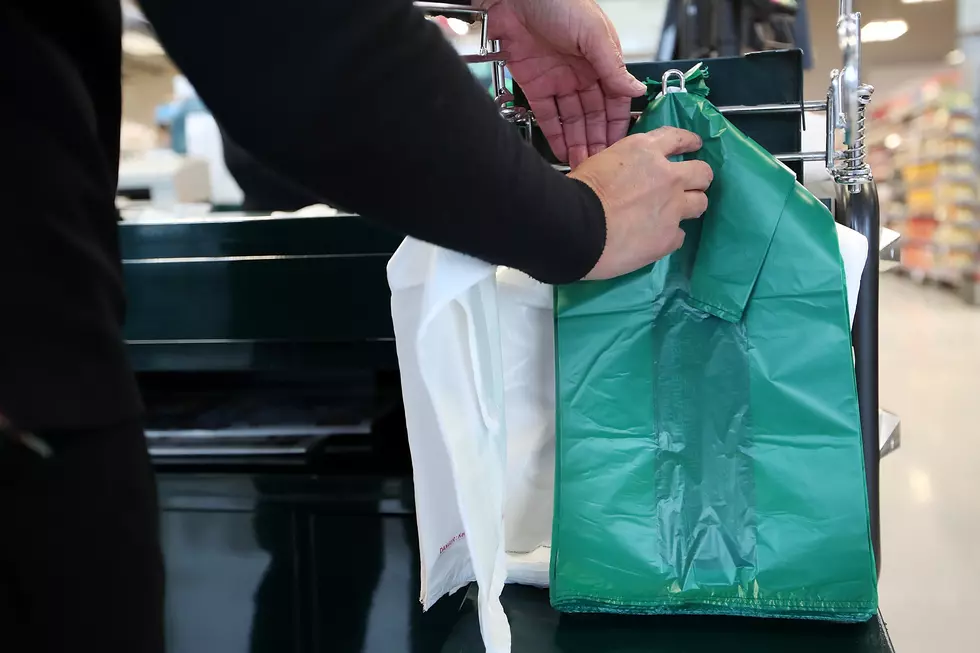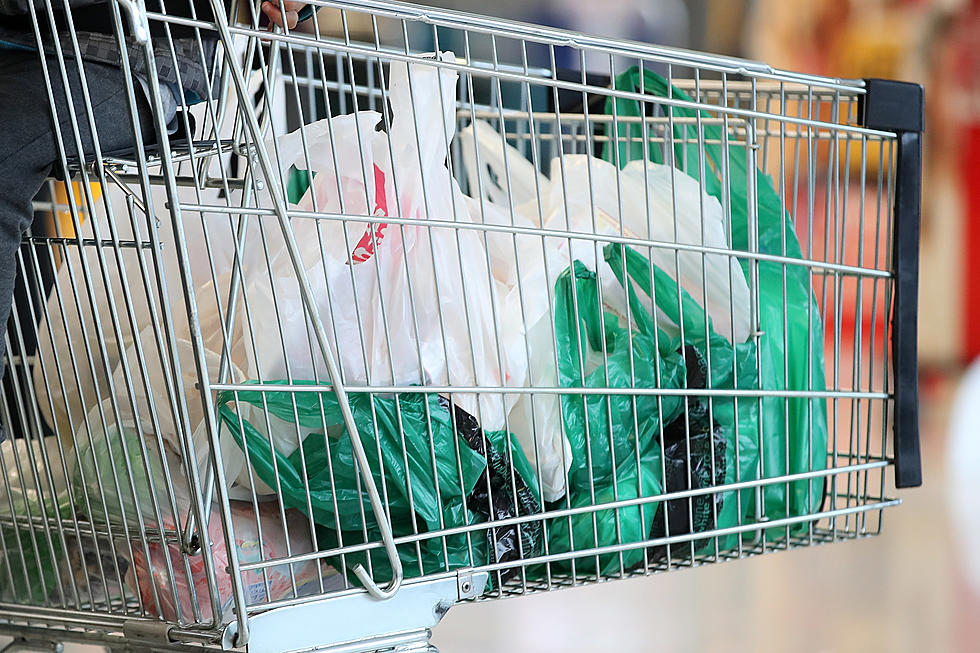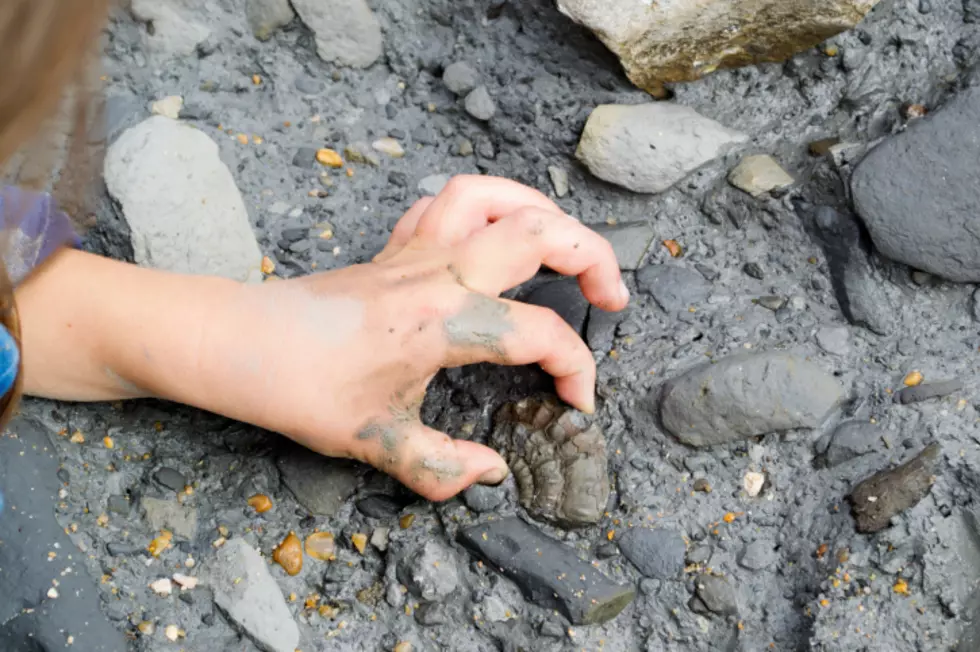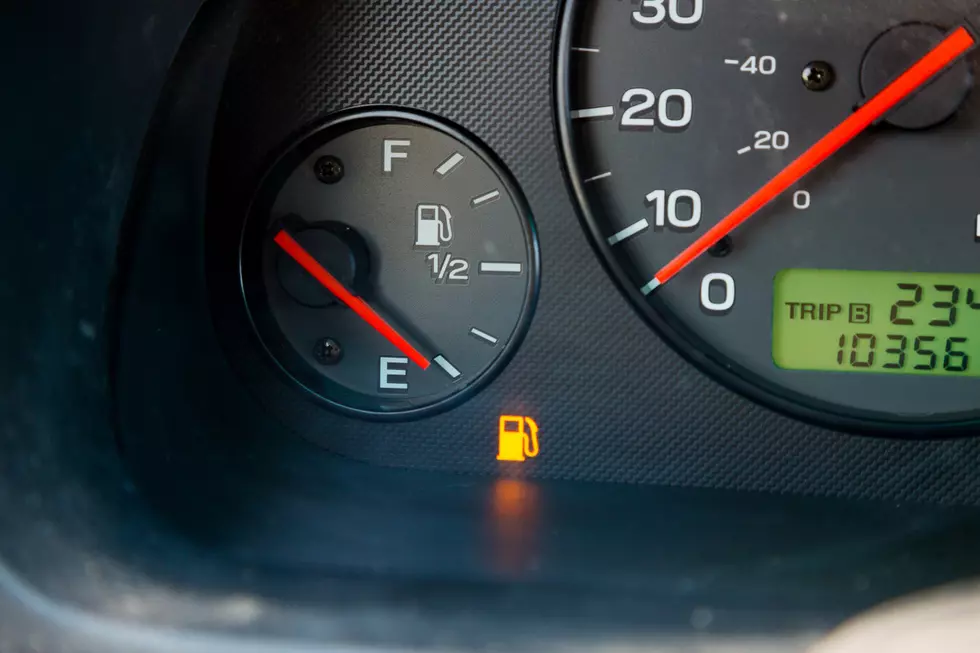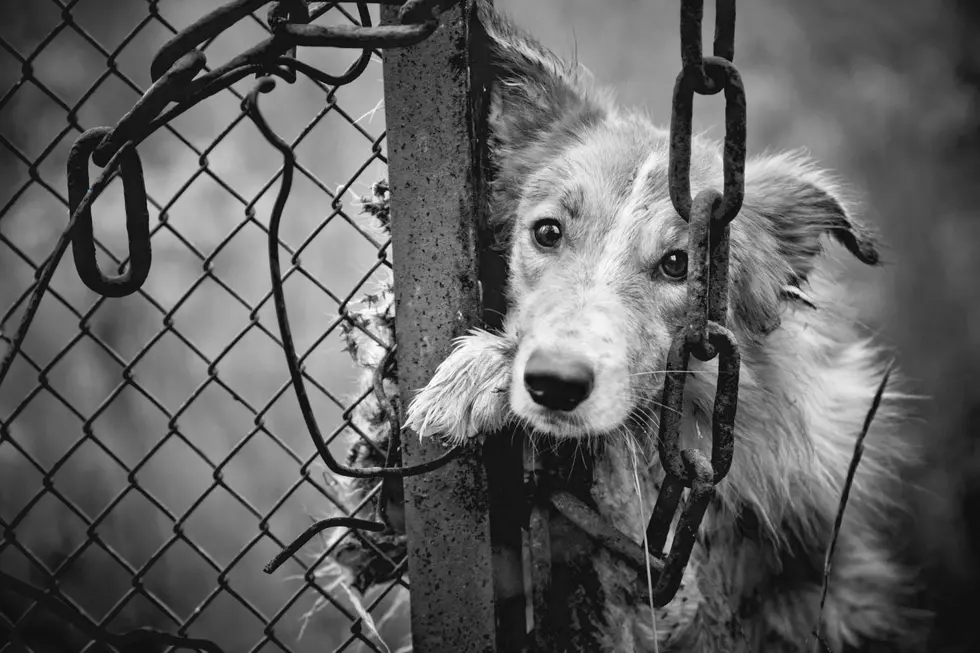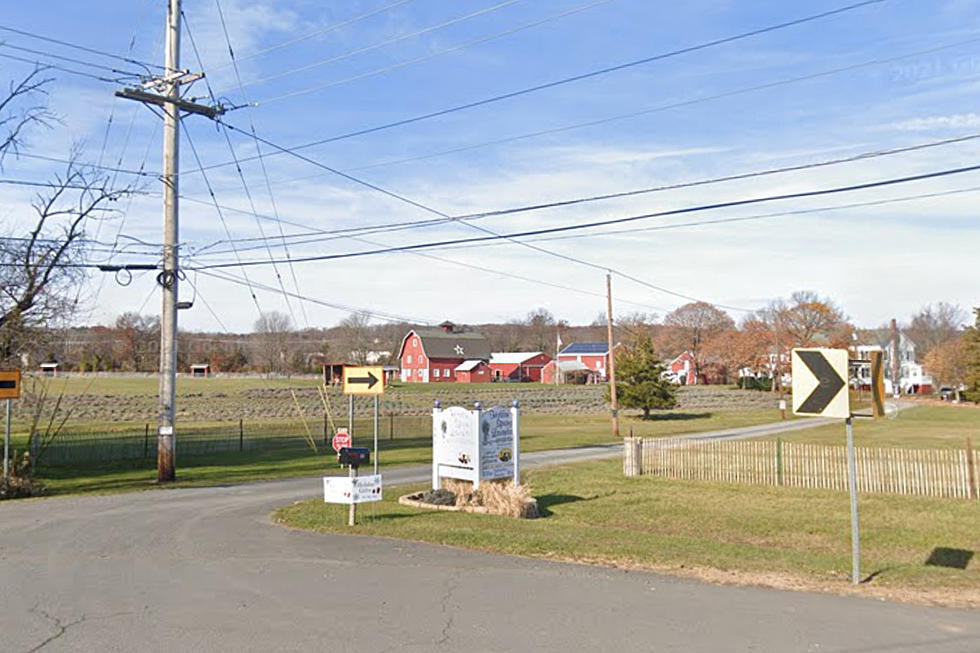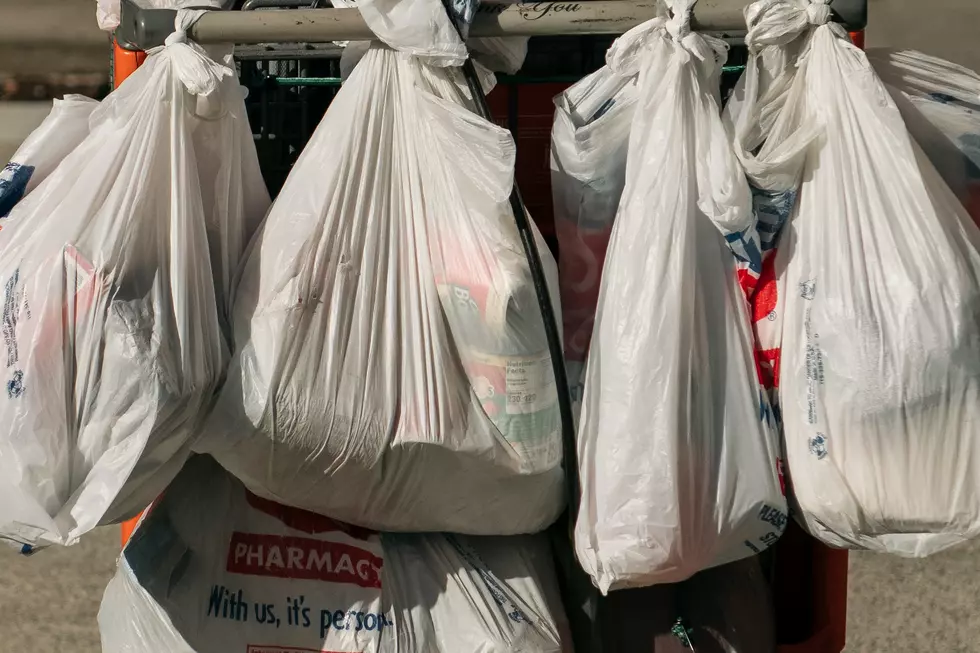
Plastic is progress — we need more bags in NJ (Opinion)
Another legislative session, another attempt by Trenton insiders to make your life more complicated. This time it’s the expected ban on so-called ‘single use’ plastic.
First of all as we already know, the bags you get at the grocery store are cheap to make, sanitary and convenient. Many of us use the bags for cleaning up after our dogs, lining indoor trash cans, carrying lunch to work and giving leftovers to friends to take home after dinner. What you’re not being told in the massive anti-plastic propaganda is how plastic bags are simply not a threat to the environment.
The haters try to scare people by repeating facts about how many bags are used and how long it takes to break down in landfills. The real crazies want to ban everything except so-called reusable bags. Funny thing that they leave out the fact that the US imports hundreds of millions reusable bags from China and those bags are made with petroleum, many containing lead and if not properly washed, will carry many forms of harmful bacteria.
Hundreds of millions of petroleum based, “non-woven polypropylene” reusable bags are imported from China and other countries each year.1 These are, by far, the dominant type of “reusable” bags, and some have been found to contain dangerous levels of lead.2
If reusable bags aren’t sanitized properly after each use, they can harbor dangerous bacteria. Microbiologists have found E. coli, salmonella, fecal coliform, and other harmful bacteria in reusable bags.3 - bagtheban.com
And if you’re thinking, well just wash them, the reality is that 97% of reusable bags are not washed. Instead, many end up right in the same landfill that would be better off with your plastic. As a matter of FACT, more than 95% of the half a billion imported non-woven polypropylene.
In a survey of California and Arizona, 97% of individuals indicated they never washed their reusable bags.3
California researchers studying the potential of nonwoven polypropylene bags to transmit infectious diseases found that a contaminated reusable bag would cross-contaminate any surface it came into contact with, putting nine out of 10 people who go to that grocery store at risk of infection.5
Half-a-billion NWPP bags are imported into the U.S. each year1 — 95.5% of which end up in landfills.6 - bagtheban.com
In New Jersey, there is literally no problem associated with plastic bags that you get at the grocery store. We could certainly come down harder on individuals who pollute. There is no excuse for throwing away your trash on the street and letting bags end up in the water or in someone else’s yard. That said, it’s a minor problem that won’t be fixed through a ban. It’s important to note that the bag-haters point to landfills and the fact that the bags don’t break down.
I spoke with Matt Seaholm from the American Recyclable Plastic Bag Alliance and we discussed the fact that even the EPA shows that grocery store plastic bags account for nearly ZERO percent of the space in landfills. And for those of you focused on the litter issue, which I agree is an enforcement opportunity, the “Branded Plastic Retail Bags” account for LESS THAN ONE PERCENT of litter in the Garden State.
The statistic I cited was “Branded Plastic Retail Bags make up 0.8% of litter in New Jersey.” The reason they break out branded vs. unbranded is because unbranded will often include bags that don’t get targeted for bans, things like take-out restaurant dry cleaner or liquor store bags. Branded bags are everything from Shoprite to 7-11 to Wawa and Wal-Mart. Anything with a store name on it falls into this category. So essentially banning all retail, grocery, convenience. - Matt Seaholm
As far as ocean pollution, will a New Jersey bag ban have any impact on our oceans? Simple answer, not a chance. 95% of ocean pollution comes from Southeast Asia. Actually you can trace MOST of the plastic pollution in the ocean to 10 rivers in Asia and Africa.
Simple truth is bag bans in the US will do nothing to solve even the stated goals of the radical environmental progressives. The bag ban will however increase bacteria thereby adversely impacting health in our state. The ban will raise the cost of local store, which will be passed on to consumers. And without a discussion of pollution enforcement, there is no changing the behavior of a few bad actors who think the world is their garbage can.
By the way, even if you ban the grocery bags, we still have tons of plastics in use around the state, medical supplies, containers, trash bags, dry clean bags, vegetable and meat wrapping. Plus, many plastics are petroleum based and the useful bags from your local grocer are made with the by-products of natural gas, one of the cleanest, most abundant and cheapest forms of energy in America. AND branded plastic bags are 100% recyclable.
What we really should be discussing is making the bags stronger and more durable so there’s no need to double or triple bag heavy groceries.

Bill Spadea is on the air weekdays from 6 to 10 a.m., talkin’ Jersey, taking your calls at 1-800-283-1015. Tweet him @NJ1015 or @BillSpadea. The opinions expressed here are solely those of Bill Spadea.
More from New Jersey 101.5:
More From New Jersey 101.5 FM

